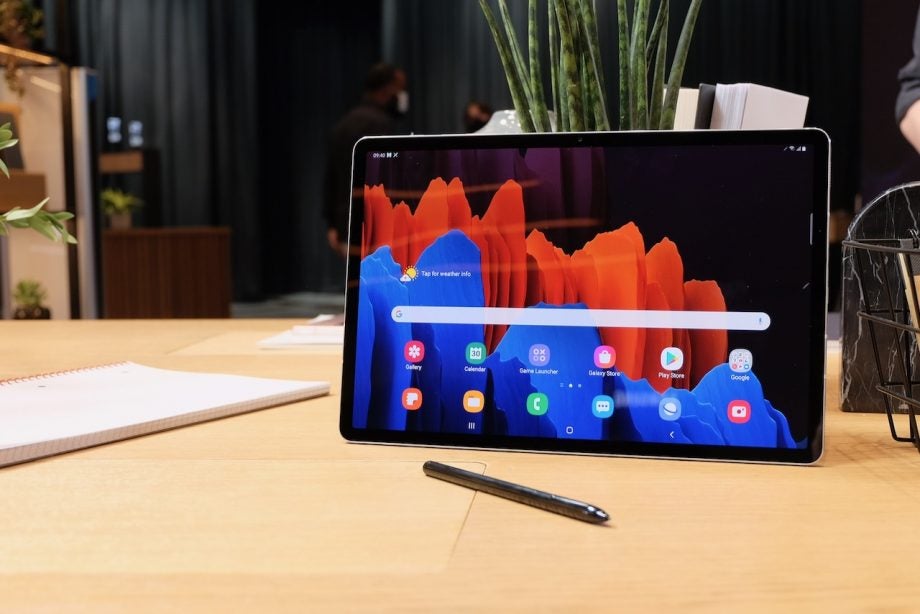The iPad has its first true rival since Nexus 7: And I couldn’t be happier

Let’s be frank: For the last half decade, Apple has been the undisputed top dog when it comes to tablets.
Look at any sales report, or market share estimation and the iPad will be top of the chart with close to zero competition from Android.
And being fair, iPads are very, very good offering top notch displays, stellar performance and wonderfully optimised software.
Editor’s note: as an open source fan you have no idea how much writing that hurt.
In fact, they’re so good that Apple’s not really felt much need to innovate or change the iPad year-on-year for quite some time. The last time it actually bothered doing that, debatably, was five years ago when it unveiled the first-generation iPad Pro – and even that was basically Apple’s take on a Surface Pro.
But, to my despair, rather than rise to the challenge Google, and by extension most Android OEMs, chose to throw in the towel and give up on flagship tablets. Which is why we’ve only seen a smidgeon of super cheap, entertainment focussed tablets hit the scene, most of which are outright terrible, recently.
Which is why this week it wasn’t the new Galaxy Note 20 Ultra, or Galaxy Watch 3 that got me on the edge of my seat at the Samsung Unpacked livestream. It was the Galaxy Tab S7 Plus.
Related: Best tablet
For those that missed the event, the Galaxy Tab S7 Plus is Samsung’s latest flagship tablet and it’s super important in my mind for two reasons. First, because it’s the first mainstream Android tablet with specs that match, and at points, on paper beat the iPad Pro.
Let’s go through the checklist. 120Hz variable refresh rate OLED screen, check. Stylus support, check. Optional keyboard dock, check. Powerhouse 5G-ready CPU, check. All the ingredients are here to make for one tasty tech dish.
But second, and in my mind more importantly, because if it delivers on its promise it’ll give the market the much needed shake up it has needed for years. The fact is tech companies can get lazy with R&D when they’re left unchallenged too long. This happened with Intel in the CPU market when it was left alone unchallenged for a few too many years as AMD worked on Ryzen.
Businesses don’t spend money to radically change or improve products unless there’s a fiscal reason and in my mind that’s exactly what the Galaxy Tab S7 Plus could be for the iPad. Even if it doesn’t fully dethrone the iPad, which it won’t, its very existence as a valid rival drawing attention from it could spur a fresh wave of innovation from Apple. If not, it could rekindle other Android OEMs interest in top end tablets if it manages to get even moderately decent sales or press coverage.
Either scenario will bring fresh competition to the stale tablet market which can only be good for buyers.
We’ve seen this happen before with the release of the first and second generation Nexus 7. As the first mainstream affordable, and good, Android tablets both Nexus 7’s are remembered as a milestone release that helped prompt Apple to launch its smaller, and cheaper iPad Mini line.
And that’s why I couldn’t be happier about Samsung’s serious return to the flagship tablet market.


